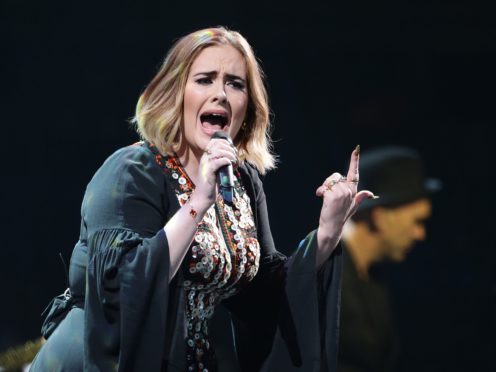Musicians including KT Tunstall and Ward Thomas have called for change to a “systemic problem” with gender equality in the UK’s music industry ahead of an all-male headlined Glastonbury.
Since 2007 only 6% of Glastonbury headliners have been female, amounting to just two acts – Beyonce in 2011 and Adele in 2016.
By contrast around eight out of 10 headliners (82%) have been male, including all three of this year’s acts on the Pyramid Stage: Stormzy, The Killers and The Cure.
The remaining 12% have been acts with mixed line-ups, such as Florence + The Machine and Arcade Fire.
“I have to say it’s still a bit depressing looking at the lineups of festivals,” singer songwriter KT Tunstall told the Press Association.
“Because it’s been discussed – everyone knows it’s an issue.
“I don’t think it’s a big bad white bloke going ‘no women’, I think it’s a really deep systemic problem at all stages of music.”
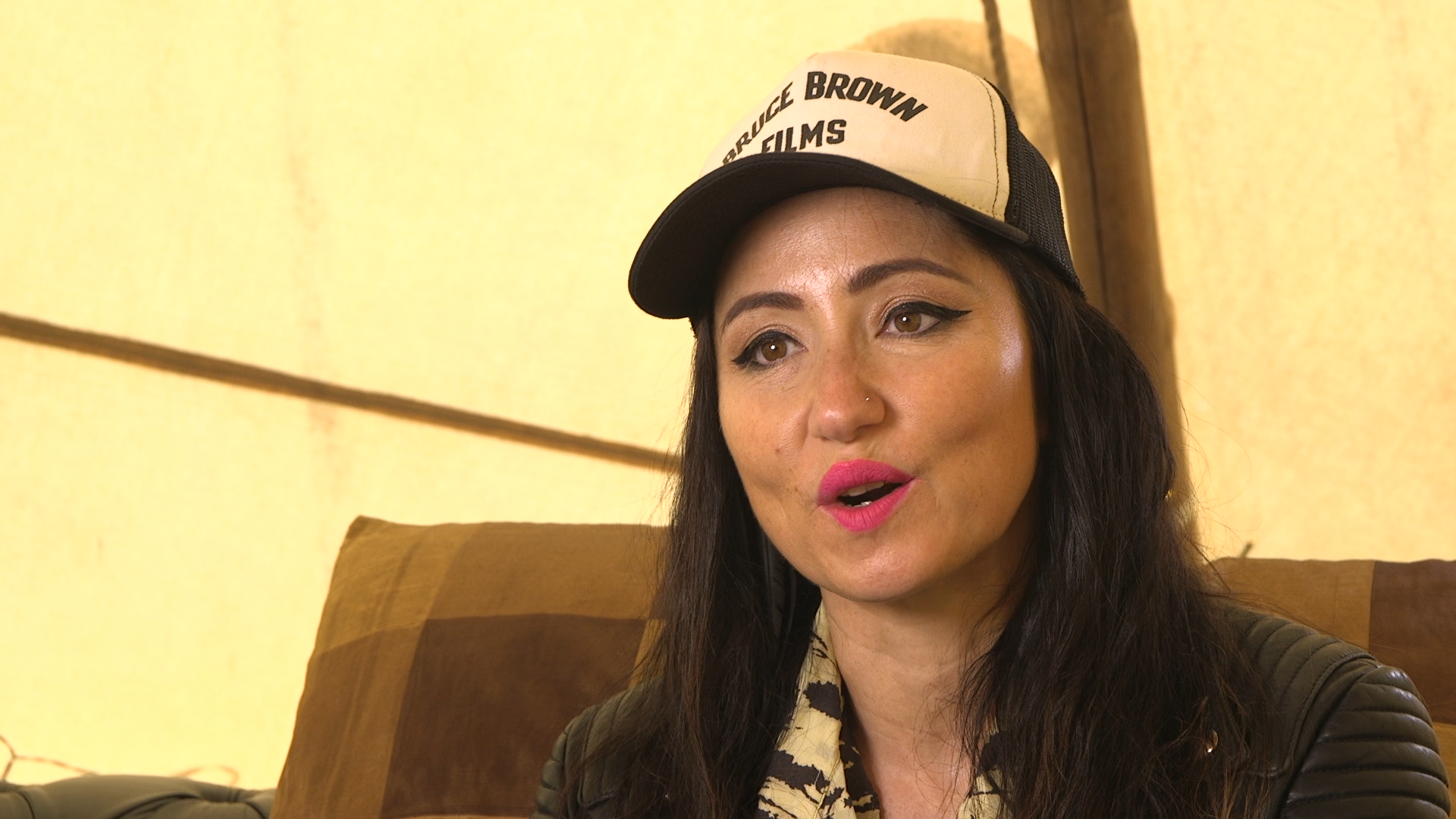
There are just three female acts appearing in the headline spot across the UK’s biggest festivals in 2019 – the equivalent of 12% of all this year’s top headliners.
Two of these are at Bestival – Jess Glynne and Annie Mac – while the third, Lana Del Ray, is playing at Latitude.
Bestival has also filled two of its headline spots with acts boasting mixed line-ups: Nile Rodgers & Chic and The Human League.
The only other big festival that has a mixed gender headliner is Boardmasters, in the shape of Florence + The Machine.
“There’s a huge effort coming from somewhere which is putting women in this box where they don’t get respected in the same way,” said Catherine Ward Thomas, of country duo Ward Thomas.
“Women have in some cases worked harder than other male acts to get where they have got to.”
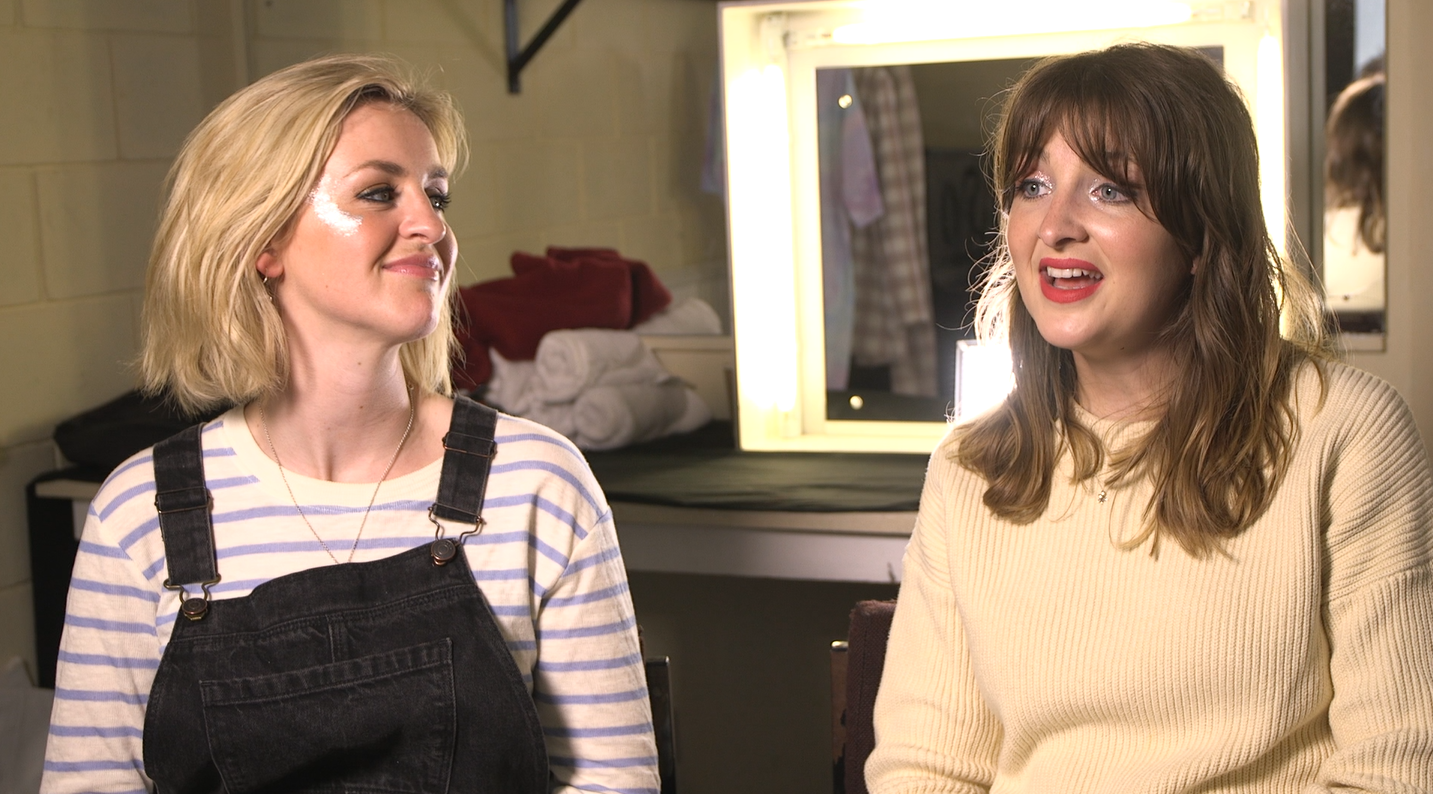
Catherine’s twin sister and musical partner Lizzy said genre is also important, adding that country is particularly “dated” and dominated by men.
Rick Astley said while he thinks gender equality in music is “imbalanced” and there’s “a long way to go”, genre could also be a factor in festival lineups.
“Traditionally it’s been ‘bands do festivals’,” he said. “I’m not saying girls can’t be in bands… I’m just saying traditionally it’s been more of a band thing than a solo artist thing.
“I don’t think women don’t get to headline a festival because they’re a woman, I think it’s down to genre of music… Maybe that’s bollocks, I don’t know.”
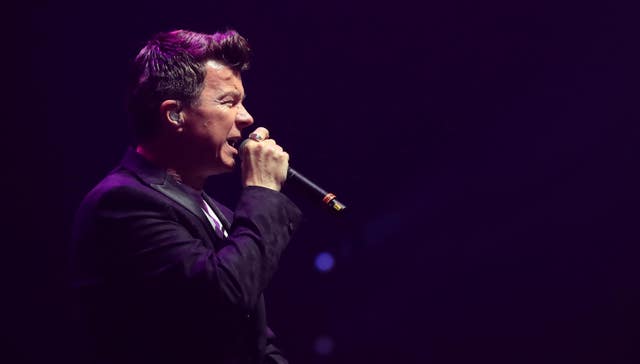
Download festival has a focus on rock and metal bands, such as Def Leppard and Slipknot from this year, and has had 100% male headline acts since 2007.
Download is one of four long-running festivals to not present a single female solo headliner since 2007, along with Boardmasters, Isle of Wight and Reading/Leeds.
The Greenman festival, however, has had 70% male headliners over the same period – which could be a reflection of its line-up, which tends to focus on alternative, dance and rock among other genres.
The equivalent figure for Glastonbury is 82%, while Bestival – on 69% – has the lowest proportion of male headliners of all.
Singer-songwriter Tom Walker said it is up to those booking the festivals to make the change, adding “it would be difficult for the artists to make a difference”.
“It’s really difficult as a man to say what you think about equality,” said Walker. “You don’t notice how bad it is as much as you should.
“There’s a long way to go though and it should be 50-50 in my view.”
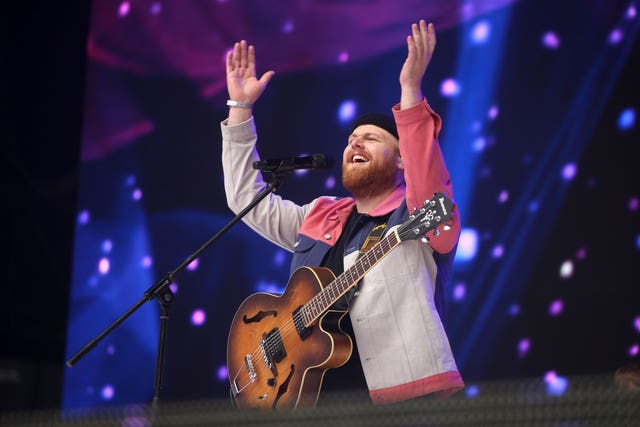
Vanessa Reed is the CEO of the PRS Foundation, a music fund for female artists whose Keychange initiative commits festivals to achieve or maintain a 50-50 gender balance on their line-ups by 2022.
Ms Reed praised Glastonbury for reaching a 42% gender balance of acts across the festival this year, but added “balancing headliners is a next important goal”.
“I’m sure this will come over the next few years if festivals can diversify their booking teams, keep extending the talent pool they recruit from and be bold about doing things differently,” she said.
Tunstall worked with all female musicians to release her sixth studio album WAX in late 2018 – an experience she said was the highlight of her career.
“Its been so unexpectedly amazing, not just because we have this sisterhood on stage,” she said. “There’s an amazingly powerful response to it – because people are going ‘oh shit I don’t see all girls playing rock and roll’.
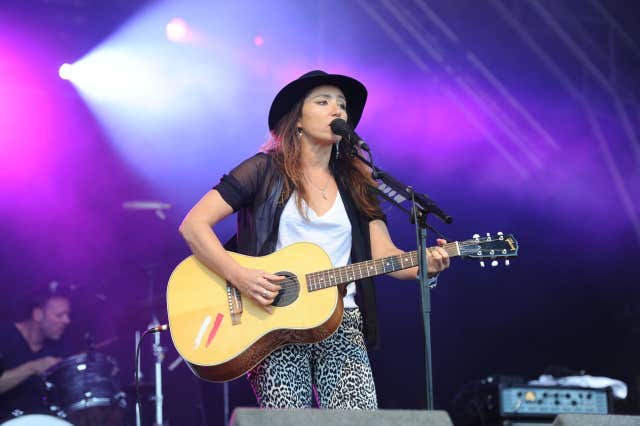
“Efforts need to be made across the board… from record companies, from booking agents, from promoters, from management.
“I remember looking for a record deal in 2004 and a guy going ‘you’re really good but we’ve got a girl with a guitar’.
“I said ‘really? How many guys have you got with guitars on your record label?’”
Tunstall added that gender separated rankings such as “best 50 female artists” are unhelpful.
“I’d love to see a future where you’re not thinking about it because it’s just a mix of us,” she said. “We’re just musicians – some of us have got tits.”
